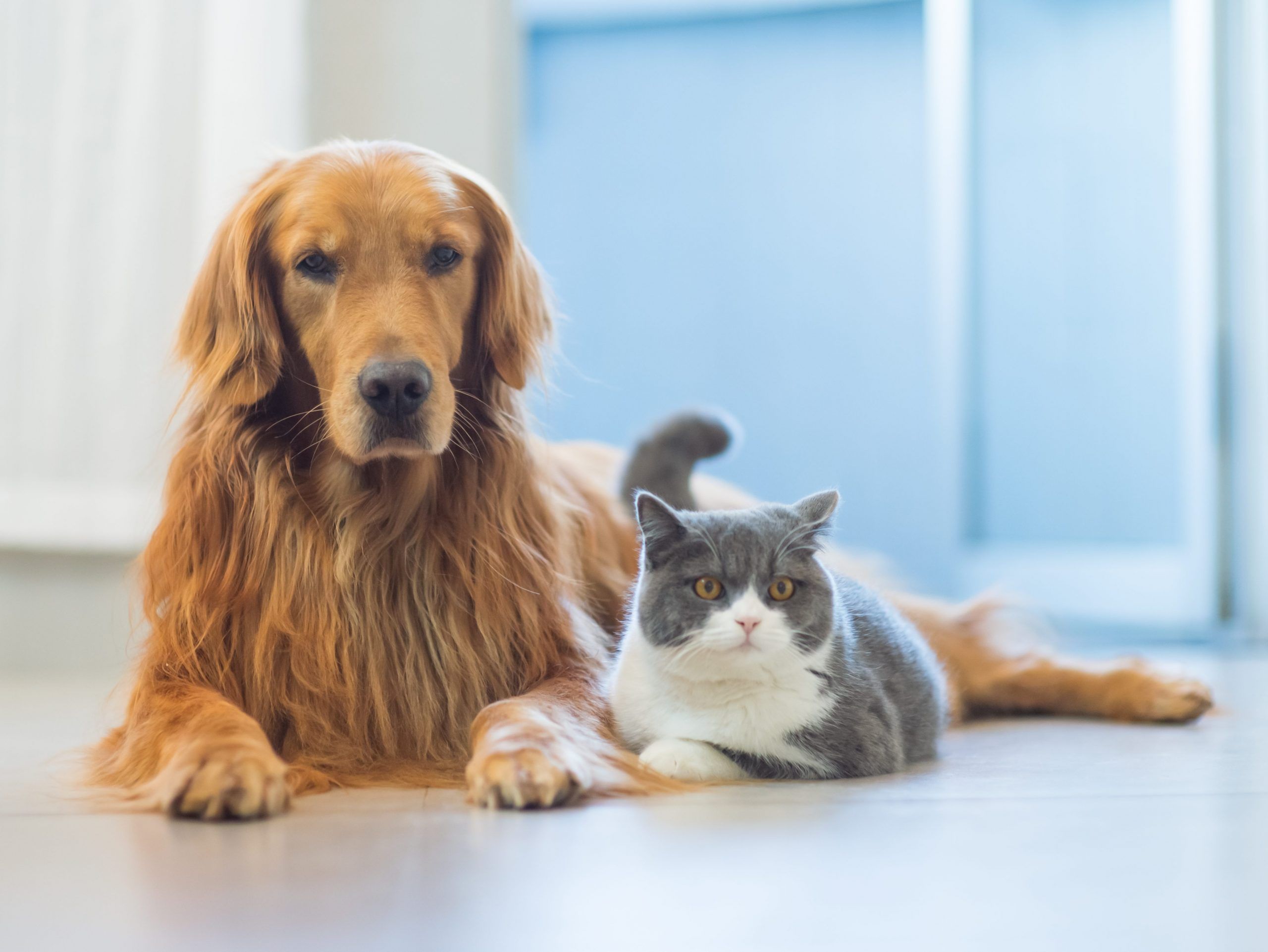here kitty, kitty: you could give covid-19 to your cat
there's no evidence yet of cats spreading the virus to humans.
few dogs and cats live solely on regular pet food: study
a new university of guelph study says only 13% of dogs and 32% of cats are eating conventional pet foods exclusively .the research says while most pets (79% dogs, 90% cats) were offered food like kibble or canned food, the majority were also fed homemade meals or raw or vegan diets at least some of the time.veterinarian
see more + she also said that pet owners underestimate the nutritional value of conventional food like kibble.the online survey — conducted of 3,673 people between september 2016 and january 2017 — is accurate within 1.7%, 19 times out of 20 .
is your kid feeling disconnected? get a dog
having a pet not only helps children socially and emotionally, but it also increases physical activity.
 2 minute read
2 minute read




